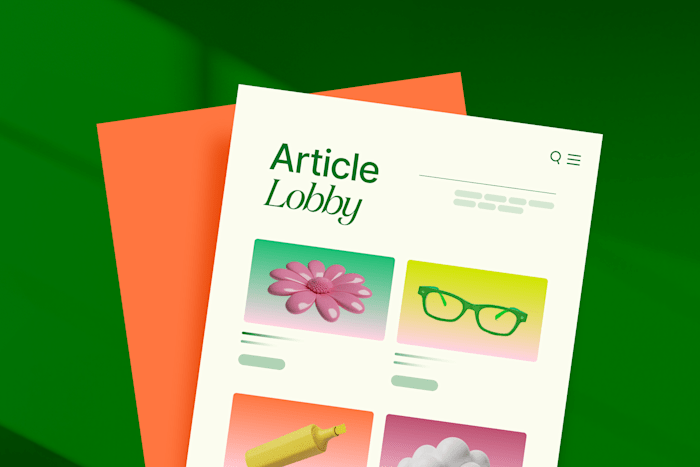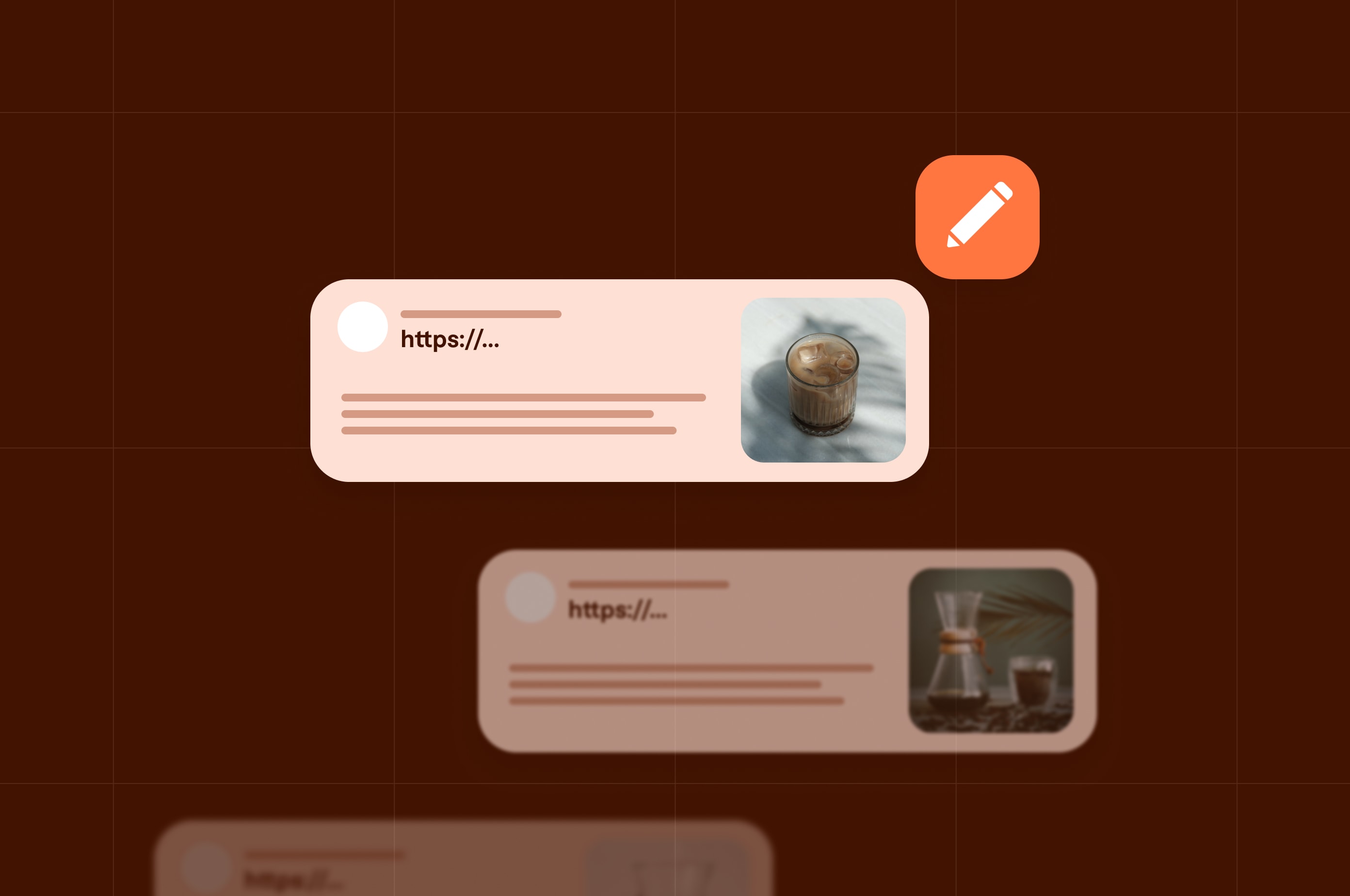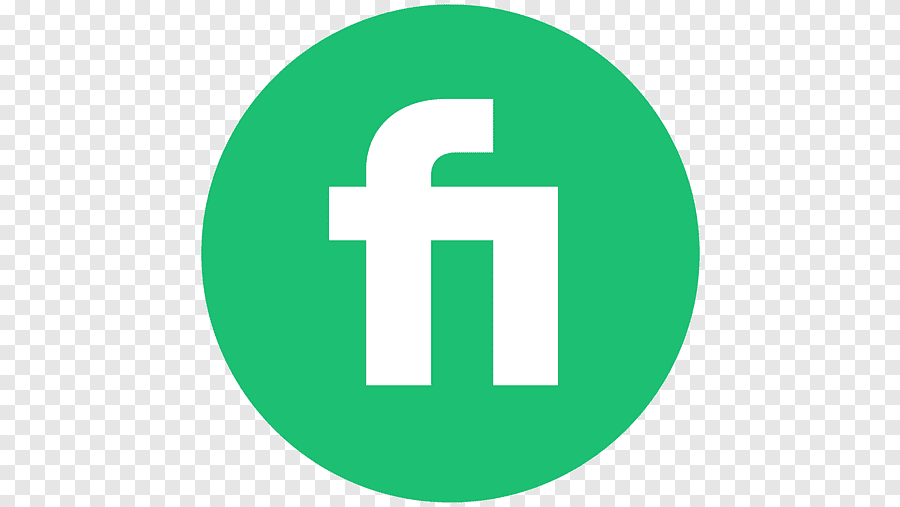Best Blogging Platforms: Expert Recommendations
The best blog platform is the one that fits your goals, style, and skill level.
 May 20, 2025
May 20, 2025 5 minute reading
5 minute reading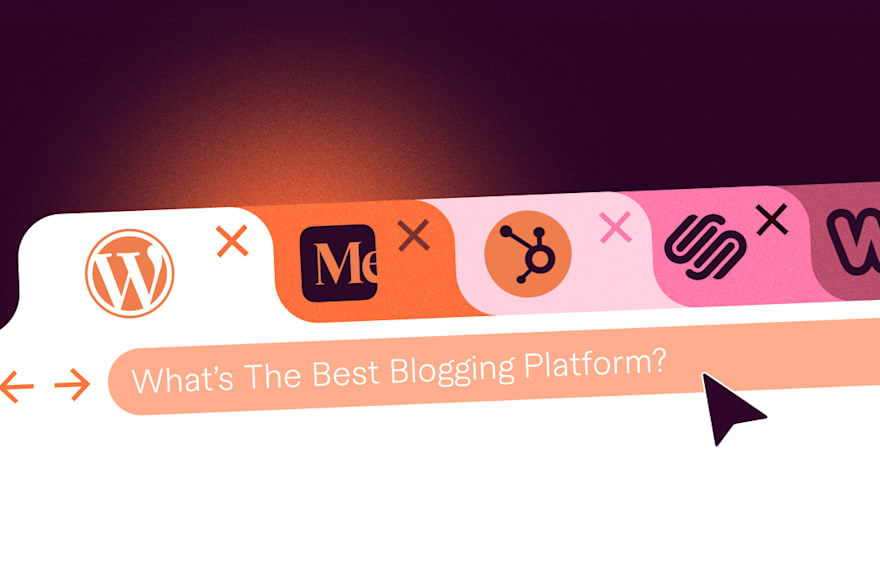
Creating a successful blog starts with choosing the right platform. The best blogging platforms provide customization, SEO tools, monetization options, and user-friendly interfaces so that your content reaches the right audience.
With so many options available, selecting the best blogging software depends on your needs—whether you’re a beginner looking for an intuitive setup or an experienced blogger wanting full control.
To help you decide, Fiverr freelancers share their expert insights on the best blog website builders, outlining their key features, advantages, and best use cases.
TL;DR
WordPress.org is the best for full customization, SEO control, and scalability, making it ideal for professional bloggers and businesses.
Wix is the top choice for beginners, offering an easy drag-and-drop editor with built-in blogging tools and SEO features.
Squarespace is perfect for bloggers prioritizing design, providing sleek, visually appealing templates with integrated analytics.
Blogger is the best free option for simple, no-hassle blogging with easy AdSense monetization but limited customization.
Ghost and Medium are great for content-focused writers, with Ghost offering a minimalist self-hosted platform and Medium providing instant audience reach.
1. WordPress.org
The Most Powerful Blogging Platform
WordPress.org is the most popular self-hosted blogging platform, powering over 40% of websites globally. It offers unparalleled customization, thousands of themes and plugins, and complete control over your blog’s design, content, and monetization.
Shivani, a website developer, highlights why WordPress.org stands out:
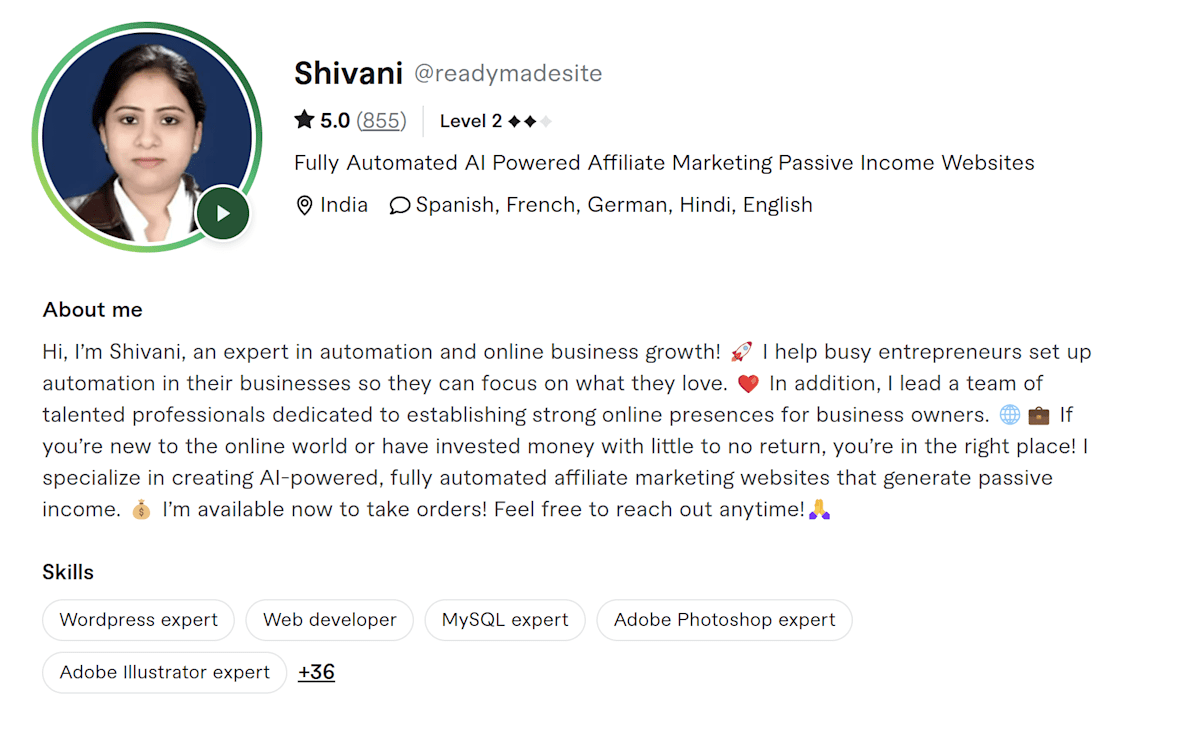
"WordPress.org is the best for full control, SEO, and monetization. It’s the top choice for bloggers who want a professional, scalable platform with full ownership over their content."
Connect with FreelancerSince WordPress.org requires hosting and maintenance, it’s best for those willing to invest in learning or hiring developers for a customized website design experience.
Divi: The Best WordPress Theme for Custom Blog Designs
Divi, a premium WordPress theme and page builder, is perfect for bloggers who want complete creative control over their layout. It includes drag-and-drop editing, advanced styling options, and pre-built layouts.
abc_wpress, a WordPress specialist, explains why Divi is a top pick:
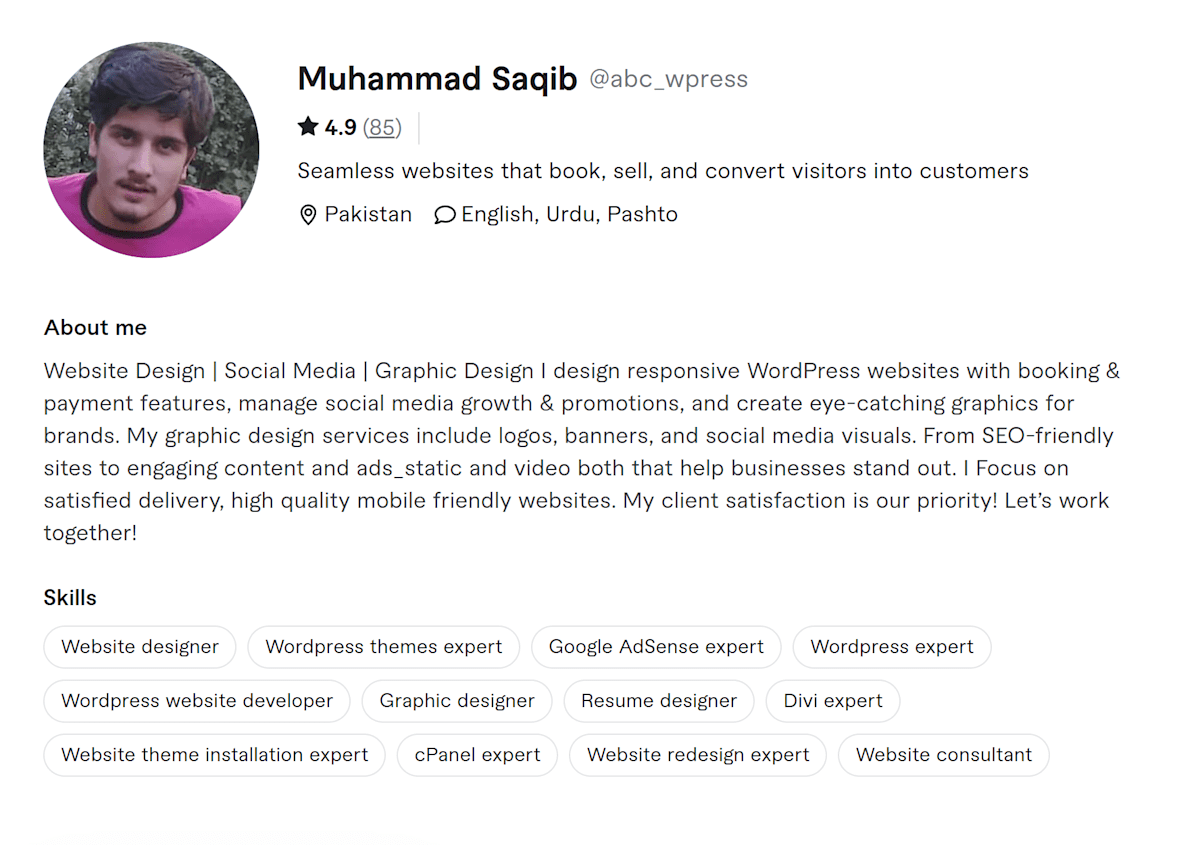
"Divi stands out for bloggers who want a high level of customization. It offers powerful design flexibility while maintaining the SEO benefits of WordPress."
Connect with FreelancerDivi is great for bloggers who prioritize design but require a WordPress setup and a premium license.
2. Wix
The Best Drag-and-Drop Blogging Builder
Wix is one of the best blog platforms for beginners, offering a user-friendly, drag-and-drop interface that allows users to create stunning blogs easily. It has pre-designed templates, built-in SEO features, and social media integration for better content reach.
Spectre, a website developer, explains its advantages:

"Wix is a great blogging platform because of its simple drag-and-drop editor, powerful SEO tools, and ability to quickly launch a visually appealing blog without coding."
Connect with FreelancerWix is ideal for new bloggers who want a quick and attractive setup, but it lacks the deep customization of WordPress.
3. Squarespace
The Best for Aesthetic and Minimalist Blogs
Squarespace is known for its sleek, professional templates, making it perfect for visual bloggers, photographers, and designers. It integrates blogging tools, analytics, and built-in SEO features into a seamless package.
Casios3dstudio, an architectural visualization artist, shares why Squarespace is a great choice:
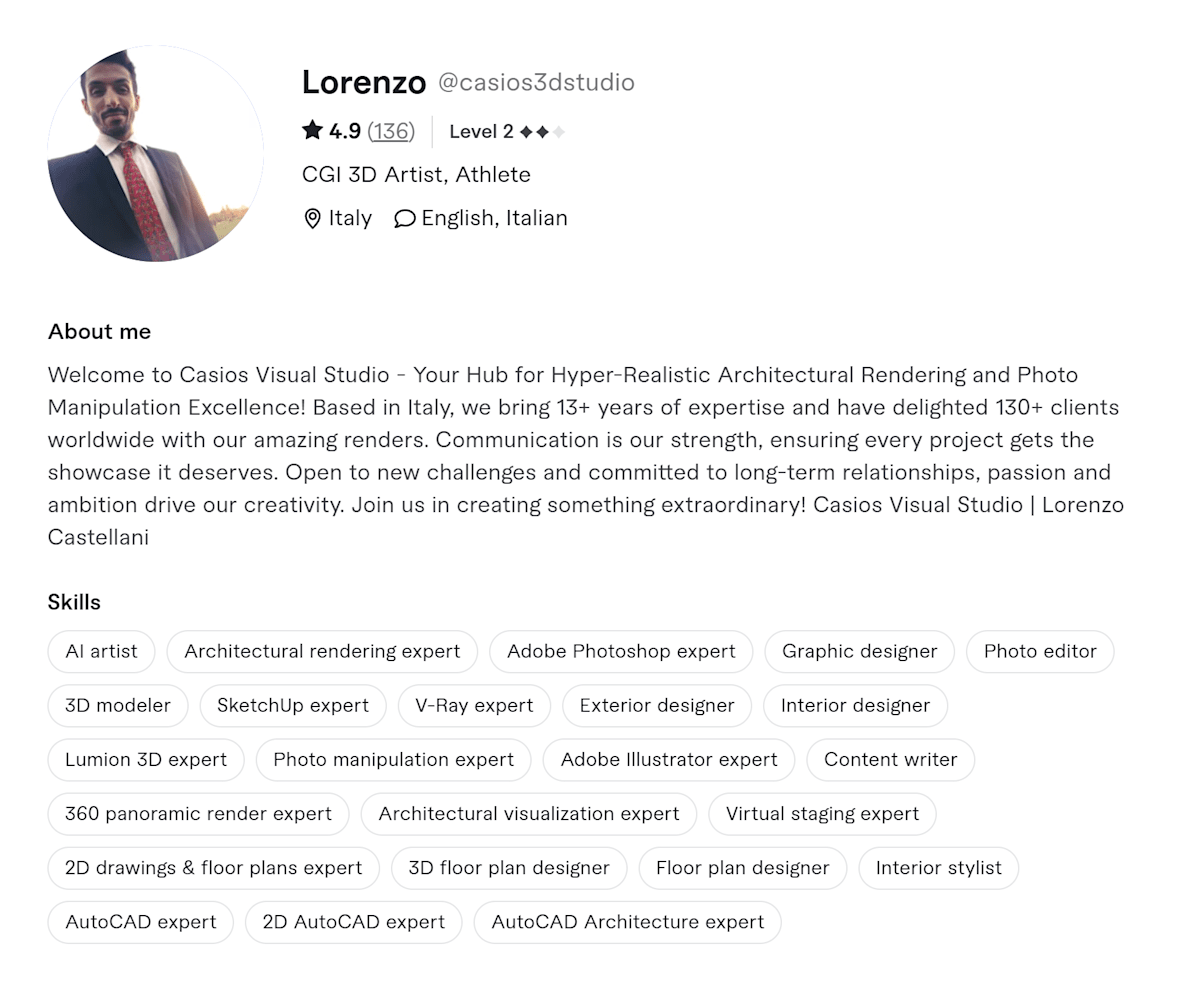
"Squarespace’s clean designs and built-in SEO tools make it perfect for bloggers who want a professional, aesthetic blog with minimal effort."
Connect with FreelancerWhile Squarespace offers great design and ease of use, it has less flexibility than WordPress for customization and third-party integrations.
4. Blogger
The Best Free Platform for Beginners
Blogger, owned by Google, is a completely free blogging platform that provides free hosting, simple customization, and easy AdSense integration for monetization. It’s a great option for casual bloggers who want a no-cost setup.
Md. Nazmul K., a frontend developer, explains why Blogger remains a solid choice:
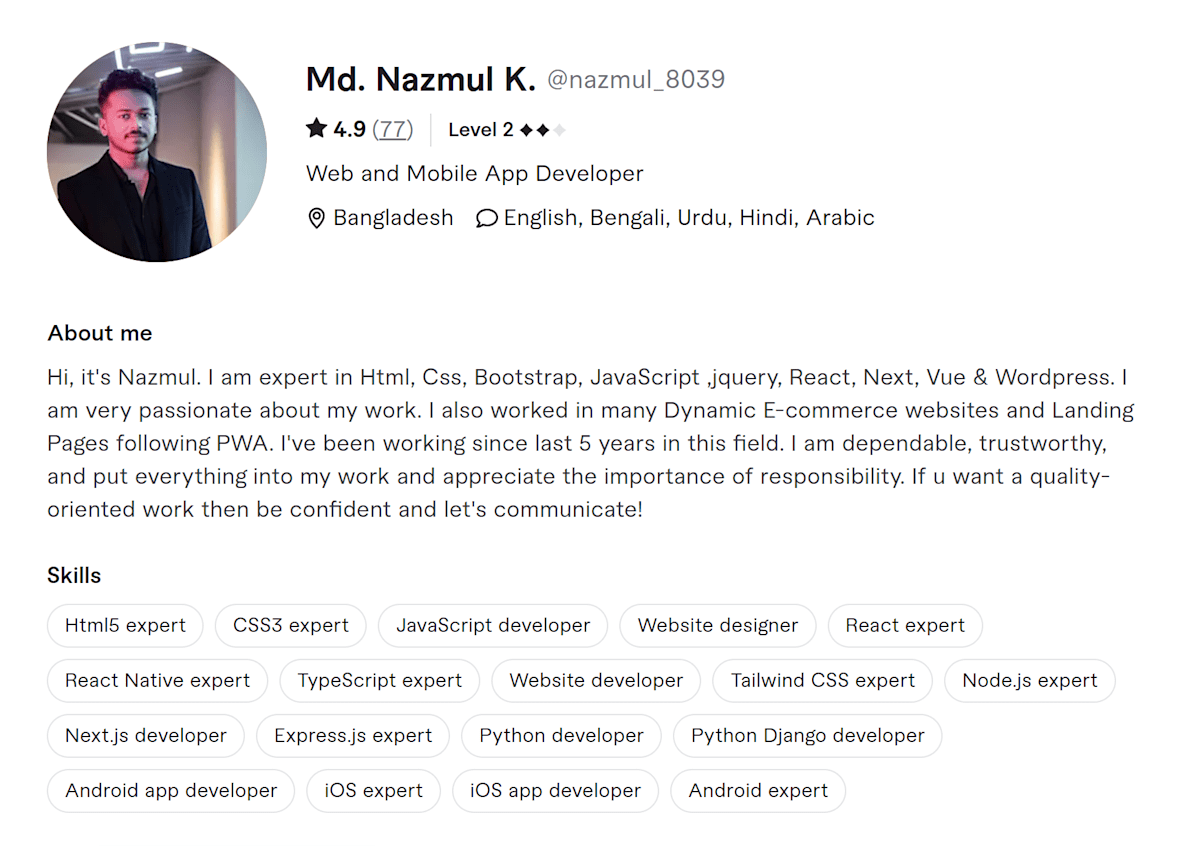
"Blogger is the best free blogging platform—it’s simple, easy to use, and integrates with AdSense for monetization. You can even upload custom themes for more flexibility."
Connect with FreelancerWhile Blogger is easy to use, it has fewer customization options than WordPress and Wix.
5. Ghost
The Best for Minimalist, Content-Driven Blogs
Ghost is designed for serious writers who want a distraction-free writing experience. It’s lightweight, SEO-friendly, and optimized for speed, making it ideal for journalists, publishers, and professional bloggers.
UX InfiniX, a content writer and website developer, highlights Ghost’s appeal:
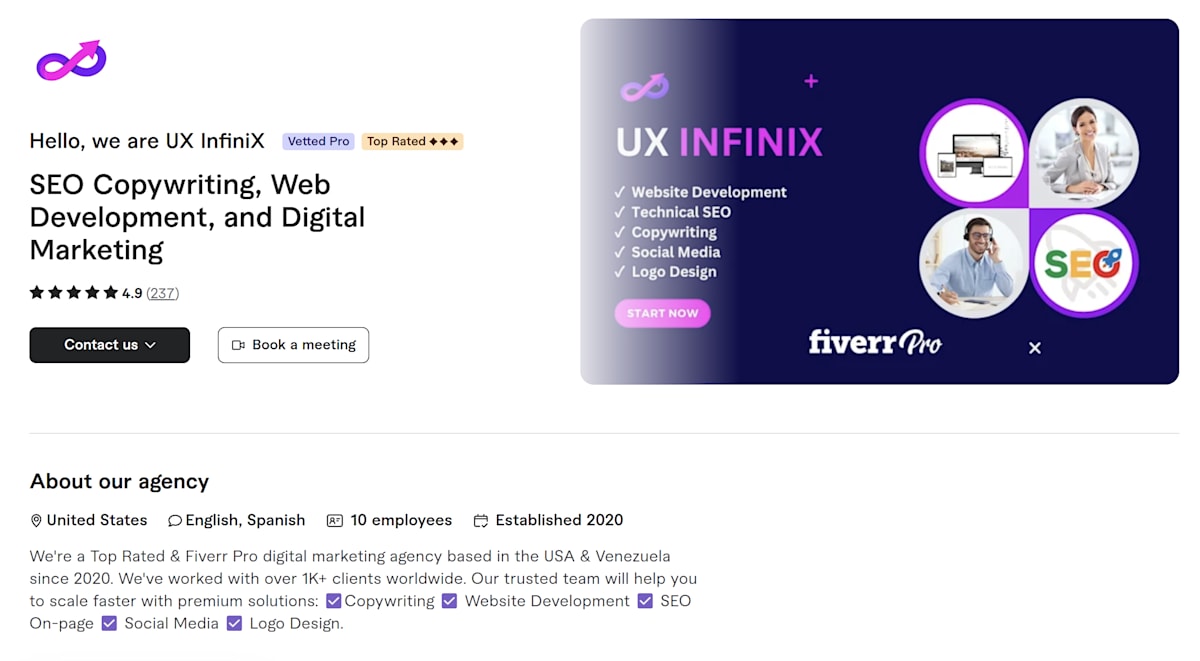
"Ghost is built specifically for content-driven bloggers. It removes distractions and focuses purely on writing and content delivery."
Connect with FreelancerGhost is best suited for content creators who prioritize writing over visual design but require self-hosting for full control.
6. Medium
The Best for Built-In Readership and Exposure
Medium is a unique blogging platform with a built-in audience, making it perfect for bloggers who want instant exposure without managing a full website. It’s designed for writers focusing on creative storytelling, essays, and thought leadership.
UX InfiniX explains its value:

"Medium is great for reaching a built-in readership without worrying about website maintenance. It’s ideal for bloggers who just want to focus on writing."
Connect with FreelancerHowever, Medium does not allow full customization or branding, making it less ideal for long-term blog monetization.
7. Webflow
The Best for Advanced Customization and Design
Webflow is a powerful visual website builder that combines Wix's design flexibility with WordPress's customization power. It’s ideal for developers and designers who want advanced features without relying on plugins.
Abdul Qadoos, a website developer, shares his thoughts:
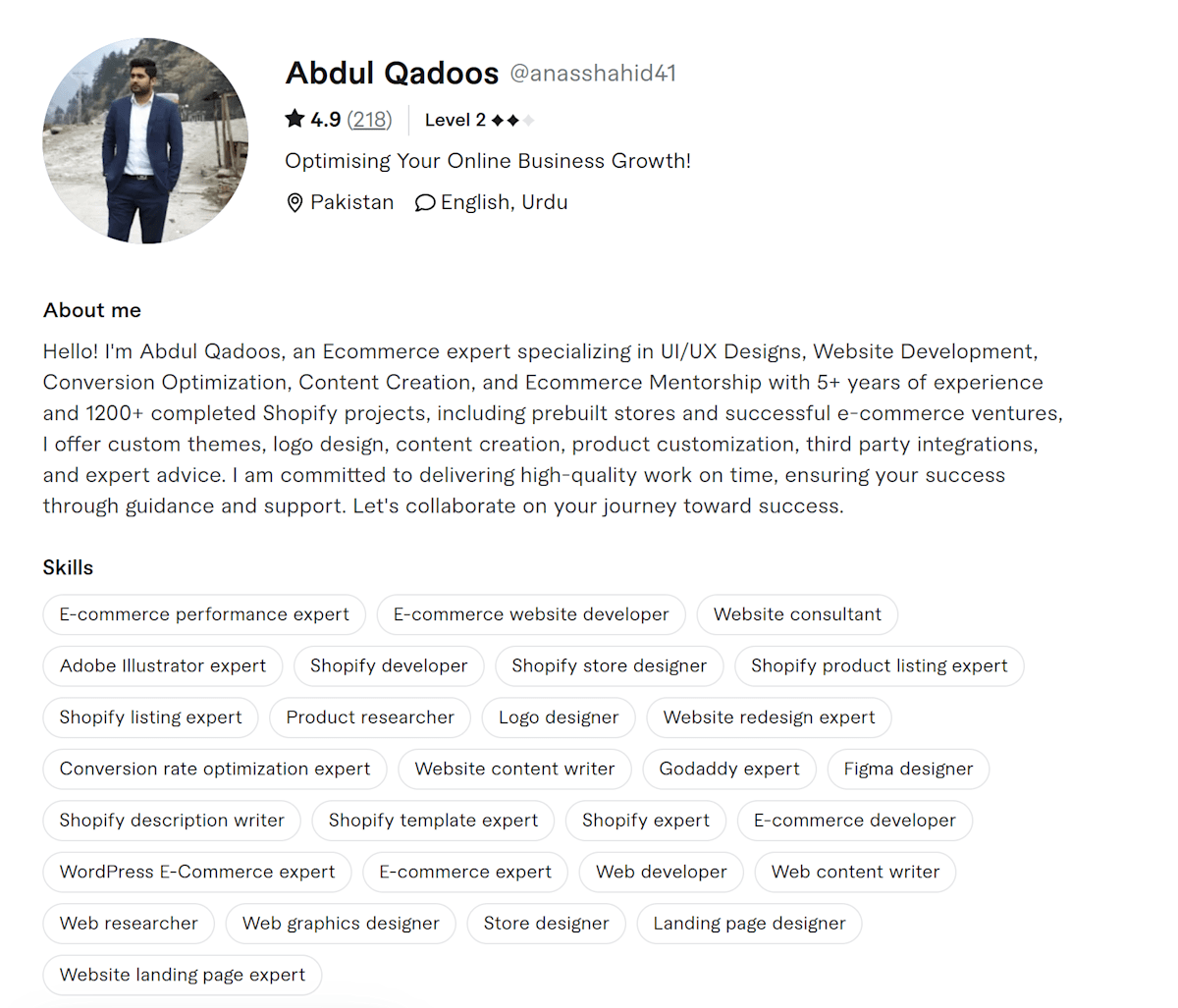
"Webflow is for bloggers who want precise control over design and functionality without the limitations of other platforms."
Connect with FreelancerWebflow has a steeper learning curve, but it offers high-performance blogging and design flexibility for advanced users.
Choosing the Right Blogging Platform for Your Needs
Selecting the best blogging platform depends on your goals and technical skills. WordPress.org offers the most control and flexibility, while Wix and Squarespace are ideal for beginners who want a simple drag-and-drop experience. Blogger provides a free, no-hassle solution, while Ghost and Medium cater to serious writers. Webflow and Divi allow for advanced customization and design freedom, making them great choices for more experienced users.
Each platform has strengths, whether for SEO, monetization, design, or ease of use. The key is to choose the one that aligns with your blogging goals and skill level.

